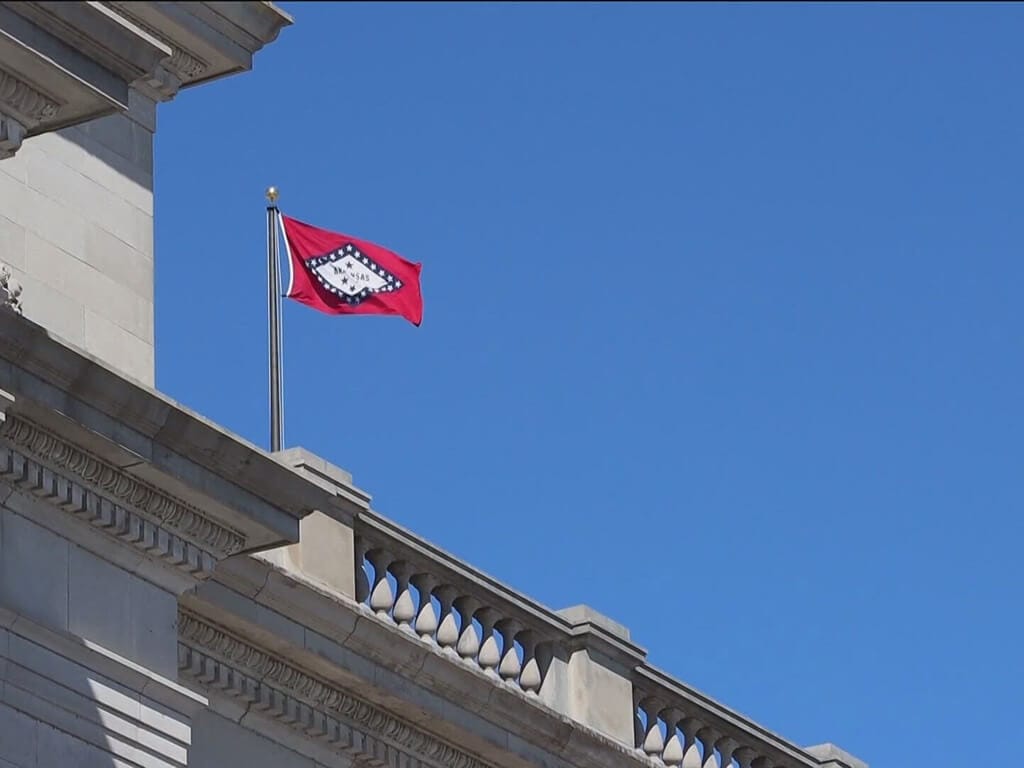Falling Taxes Rising Surplus: Arkansas Closes Fiscal 2025 in the Black
Arkansas closes fiscal 2025 with a $367.9 million surplus despite declines in corporate and individual income taxes, driven by stronger-than-expected sales and insurance collections.

Arkansas trimmed personal and corporate income taxes during a special legislative session in 2024. Yet when the books closed on fiscal year 2025, the state was still in the black. The Department of Finance and Administration reported $6.68 billion in net available general revenue, leaving a surplus of $367.9 million. That total beat expectations by $61.7 million, or more than 71 percent.
The surplus was smaller than in the past, but it underscored a point state leaders have pressed: Arkansas can cut taxes and still keep the budget balanced.
A Smaller Surplus but Stable Finances
The surplus for fiscal 2025 was smaller than in the past, dropping from $698.4 million in 2024 and $1.161 billion in 2023. Net available revenue fell by $221.1 million, or 3.2 percent, compared to the prior year, while gross general revenue dropped to $8.36 billion, a decline of $349 million, or 4 percent.
Despite these declines, collections beat the forecast. They topped the official estimate by $143.8 million, or 1.7 percent, and exceeded the revised May projection by $153.1 million, or 2.3 percent. That revision had expected delays in tax filings and payments because of severe spring storms. Fewer taxpayers than anticipated used the extension, helping the state finish the year stronger than expected.
Corporate and Individual Taxes Feel the Impact
Corporate income tax collections fell sharply to $533.1 million, down $211.8 million, or 28.4 percent, from the previous year. Even so, the total was $72.5 million, or nearly 16 percent, above forecast. Corporate tax refunds rose slightly to $137.3 million, an increase of $1.2 million over 2024.
Individual income taxes also dipped, totaling $3.6 billion, down $255.3 million, or 6.6 percent, from the year before. Yet collections still beat expectations by $37.7 million, or 1.1 percent. Refunds decreased to $655 million, down $128 million, or 16.3 percent, from fiscal 2024, and $4.4 million, or 0.7 percent, below forecast.
Sales and Insurance Taxes Provide a Boost
Not all revenue streams struggled. Sales and use tax collections rose to $3.52 billion, an increase of $47.6 million, or 1.4 percent, over 2024, surpassing forecast by $14.6 million, or 0.4 percent. Insurance revenues, mainly from premium taxes, jumped 35.2 percent to $281.8 million. A biennial transfer of $51.7 million from the Insurance Department helped fuel the increase. Insurance revenue beat the forecast by $14.1 million, or 5.3 percent.
These gains helped offset the declines in corporate and individual income taxes, keeping the state’s finances on solid footing.
Navigating Slimmer Margins with Fiscal Discipline
Arkansas’s ability to end the year in the black reflects a government that balances tax cuts with careful spending. Even with falling income tax revenue, stronger collections elsewhere allowed the state to maintain a healthy surplus.
The results underscore the Republican leadership’s fiscal philosophy: reduce the tax burden while exercising restraint. Fiscal 2025 shows that Arkansas can maintain a surplus, navigate economic challenges, and keep state operations running smoothly even with smaller margins.





